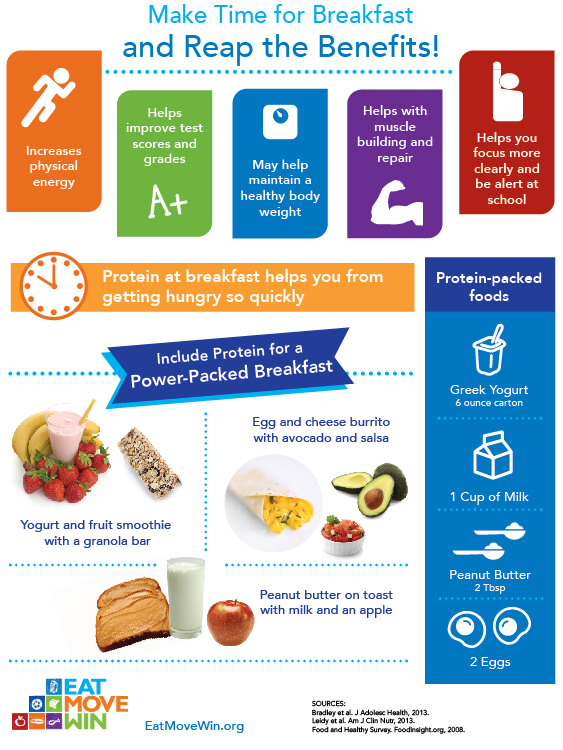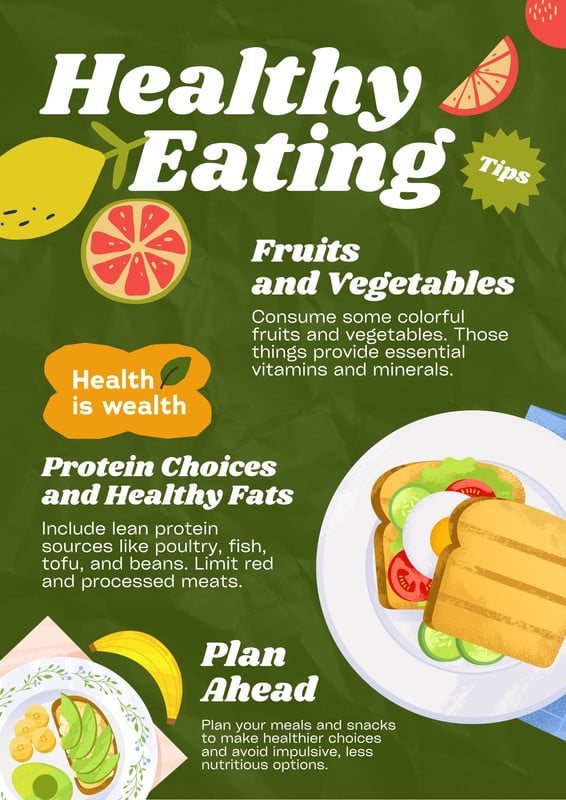Eating Well, Feeling Well: How Nutrition Impacts Your Health
Uncover the secret link between what you eat and how you feel – discover the power of nutrition on health.
Table of Contents
Proper nutrition is a key component of overall health and wellbeing. The foods we eat play a crucial role in providing our bodies with the nutrients they need to function optimally. In this blog post, we will explore how nutrition impacts our health and provide tips for incorporating nutrient-dense foods into our diets.
Setting Realistic Goals
Setting realistic goals is essential when it comes to achieving optimal health through nutrition. It’s important to set goals that are specific, measurable, attainable, relevant, and time-bound (SMART). This helps to keep you focused and motivated along your health journey.
Finding a Workout Routine that Works for You
When it comes to finding a workout routine that works for you, it’s important to consider your fitness goals, preferences, and lifestyle. Whether you enjoy strength training, cardio, or flexibility exercises, incorporating a variety of workouts into your routine can help you stay motivated and engaged.
Incorporating Nutrient-Dense Foods into Your Diet
Eating a diet rich in nutrient-dense foods is essential for supporting overall health and wellbeing. Nutrient-dense foods provide essential vitamins, minerals, and antioxidants that help our bodies function optimally. Incorporating a variety of fruits, vegetables, whole grains, lean proteins, and healthy fats into your diet can help ensure you are getting the nutrients your body needs.

Image courtesy of lifesciences.byu.edu via Google Images
Meal Planning and Prepping
Meal planning and prepping can be helpful tools for staying on track with your nutrition goals. By planning your meals ahead of time and prepping ingredients in advance, you can make healthy eating more convenient and less stressful. This can also help you avoid making impulsive food choices when hunger strikes.
Hydration and Supplements
Staying properly hydrated is essential for good health and can impact everything from digestion to energy levels. Drinking an adequate amount of water each day can help maintain hydration levels and support overall wellness. In addition, certain supplements can complement a healthy diet and provide additional nutrients that may be lacking.

Image courtesy of www.healthyeating.org via Google Images
Rest and Recovery
Rest and recovery are essential components of any fitness plan. Giving your body time to rest and repair after workouts is crucial for muscle growth and overall well-being. Make sure to prioritize sleep, relaxation, and recovery days to support your body’s healing process.
Tracking Progress
Tracking your progress can help you stay motivated and accountable on your health journey. Whether you are tracking your food intake, workouts, or overall health markers, keeping a record of your progress can help you identify areas for improvement and celebrate your successes along the way.

Image courtesy of www.canva.com via Google Images
Adjusting Your Gym Plan
As you progress towards your fitness goals, it’s important to adjust your gym plan to continue seeing results. This may involve increasing the intensity of your workouts, trying new exercises, or modifying your workout schedule. By adapting your gym plan to meet your evolving needs, you can continue to challenge yourself and make progress towards your goals.
Conclusion
Eating well and staying active are essential components of a healthy lifestyle. By setting realistic goals, finding a workout routine that works for you, incorporating nutrient-dense foods into your diet, and staying hydrated, you can support your overall health and well-being. Remember to rest and recover, track your progress, and adjust your gym plan as needed to achieve your fitness goals. By prioritizing nutrition and fitness, you can improve your health and feel your best.
Table of Contents



